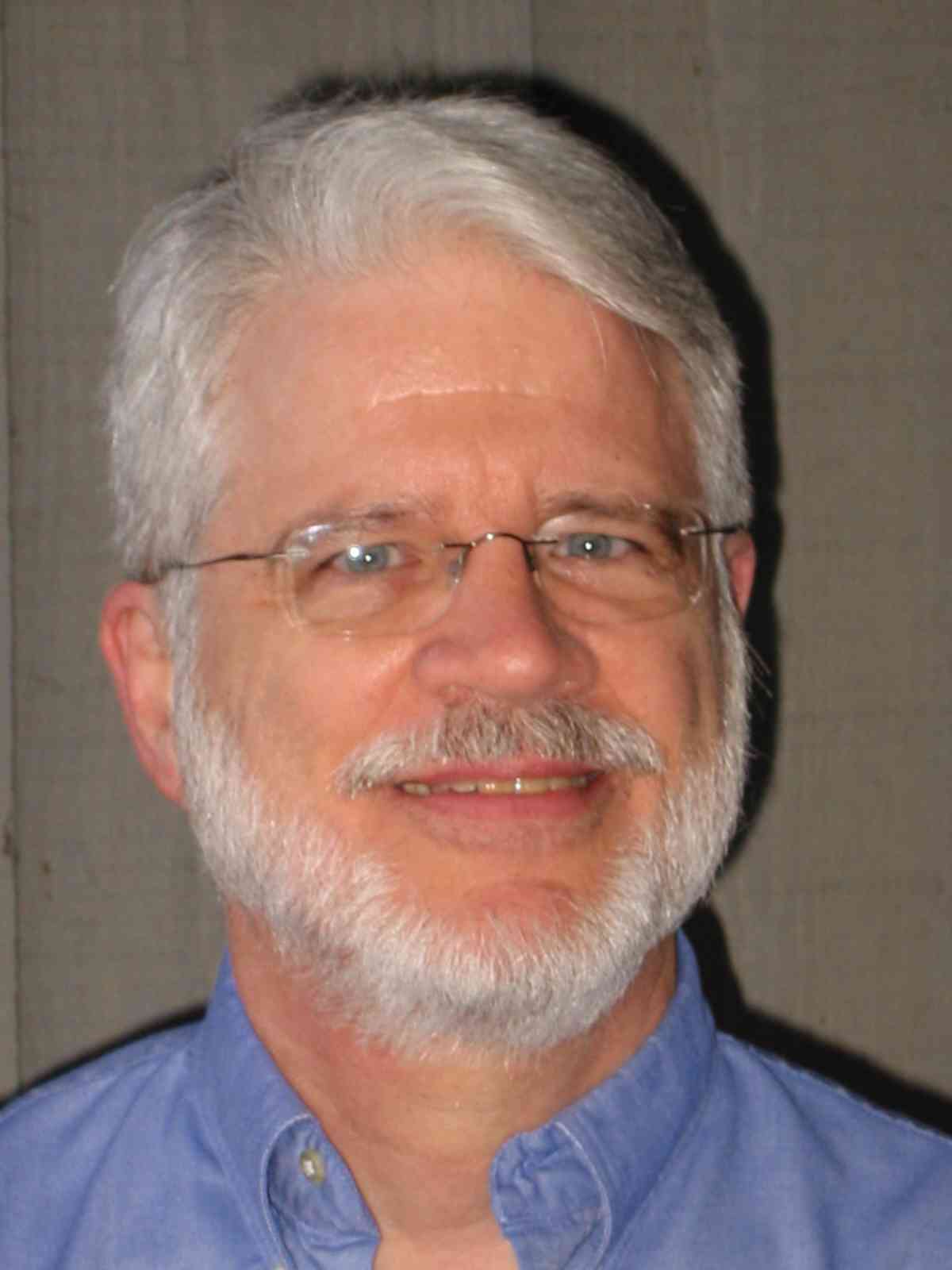I am pleased to announce the appointment of Dr. S. Stanley Young to the full-time position of Director of NAS’s Shifting Sands Project, which has been funded by the Arthur N. Rupe Foundation.
 Dr. Young is currently the CEO of CGStat and previously worked at Eli Lilly, GlaxoSmithKline and the National Institute of Statistical Sciences on questions of applied statistics. He graduated from North Carolina State University, BS, MES and a PhD in Statistics and Genetics. Dr. Young worked in the pharmaceutical industry on all phases of pre-clinical research. He has authored or co-authored over 70 papers including six “best paper” awards, and a highly cited book, Resampling-Based Multiple Testing. He is a Fellow of the American Statistical Association and the American Association for the Advancement of Science, and an adjunct professor of statistics and biostatistics. Dr. Young is on the Scientific Advisory Board of the U.S. Environmental Protection Agency.
Dr. Young is currently the CEO of CGStat and previously worked at Eli Lilly, GlaxoSmithKline and the National Institute of Statistical Sciences on questions of applied statistics. He graduated from North Carolina State University, BS, MES and a PhD in Statistics and Genetics. Dr. Young worked in the pharmaceutical industry on all phases of pre-clinical research. He has authored or co-authored over 70 papers including six “best paper” awards, and a highly cited book, Resampling-Based Multiple Testing. He is a Fellow of the American Statistical Association and the American Association for the Advancement of Science, and an adjunct professor of statistics and biostatistics. Dr. Young is on the Scientific Advisory Board of the U.S. Environmental Protection Agency.
Stan will lead our research on how the irreproducibility crisis affects public policy. Many improper scientific practices contribute to this crisis, including a poor understanding of statistical methodology, unconscious bias in data reporting, retroactive application of hypotheses, and endemic groupthink. The Shifting Sands project explores the dimensions of irreproducible research in the fields of environmental epidemiology (particulate matter health effects), nutrition (fat effects), and education (implicit bias). Stan will write professional papers and policy papers, with particular recommendations for policy at the Environmental Protection Agency, the United States Department of Agriculture, and the Department of Education.
Dr. Young’s particular area of expertise is meta-analysis, in which data is combined from multiple studies that all address similar questions. He has found that many meta-analyses effectively combine apples and oranges—or apples and elephants—and prove nothing. Dr. Young’s research for Shifting Sands will focus on whether meta-analyses used by government regulatory agencies are likewise unlikely to represent results likely to replicate.
Stan is an experienced statistician with technical expertise, skillful prose, and great enthusiasm for discovering ways to ameliorate the irreproducibility crisis. I am pleased to welcome him to the NAS.
- Peter Wood
Here is what Stan has to say about beginning at NAS:
The National Association of Scholars is one of the organizations that’s done most to bring the irreproducibility crisis to public attention. I’m happy to be part of its effort to determine how much public policy is based on irreproducible research, and I’m grateful to the Rupe Foundation for funding this project.













